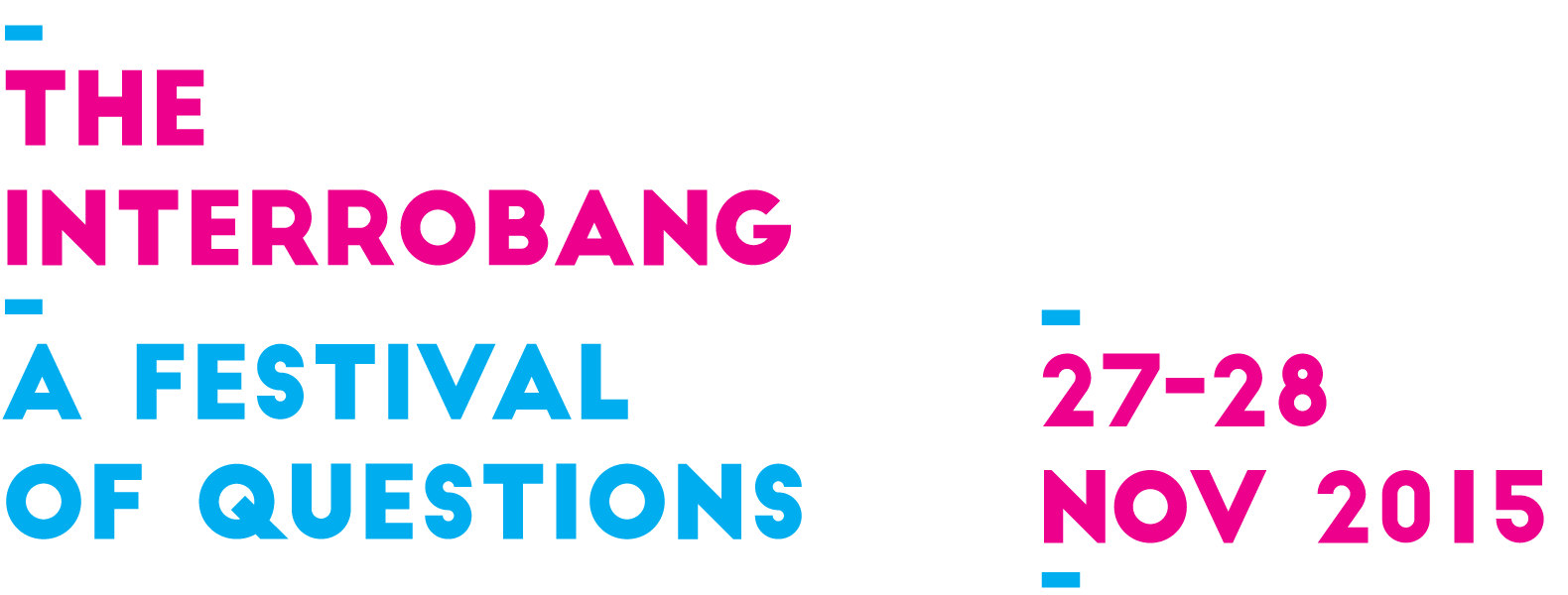Why do extroverts define normality for the rest of us?
Living with mental illness (my own and that of my husband), I am bombarded with jingoistic slogans like ‘R U OK?’, parroted by gurus of ‘Mindfulness’, and by their minions who wave yellow balloons in my face, or consultants who advise employers to host endless parties, or feign empathy in exchange for docility, or friends who assume we need an ideological revamp. If wellbeing crusaders really cared how we felt, they would be quieter and let us have our contemplation; or ask a complete sentence with rounded vowels, including the last two letters of ‘you’. If a person cannot ask ‘How are you feeling?’ without abbreviating it into an acronym, clearly they have no time to hear us. If we had the power to define mental health, perhaps it would differ from current expectations? Who would the ‘sick’ ones be then?
